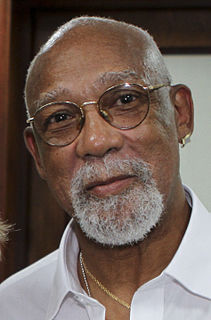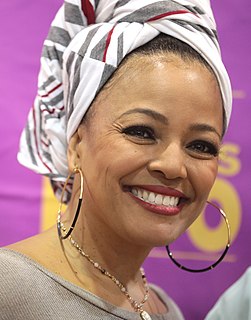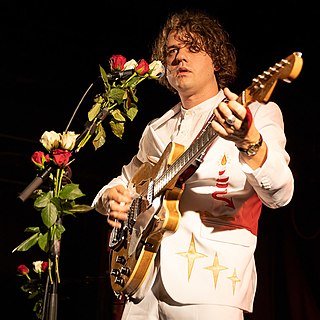A Quote by David Levering Lewis
Harlem was a development, a developer's dream and a place where residents had more space and more amenities than ever before. The subway reached 145th street about 1904, and it seemed that Harlem's destiny was to become largely a preserve of successful ethnics relocating and arriving. Then, overnight, the bust took place.
Related Quotes
As a kid growing up and seeing so much strife taking place in society, and particularly on Blacks and people of color, I had an opportunity as a young man to witness the change that was taking place in Harlem, the exodus of white folks leaving Harlem, which I thought was a very cohesive situation. But they felt that they needed to leave.
I was raised in Harlem. I never found a book that took place in Harlem. I never had a church like mine in a book. I never had people like the people I knew. People who could not find their lives in books and celebrated felt bad about themselves. I needed to write to include the lives of these young people.






































